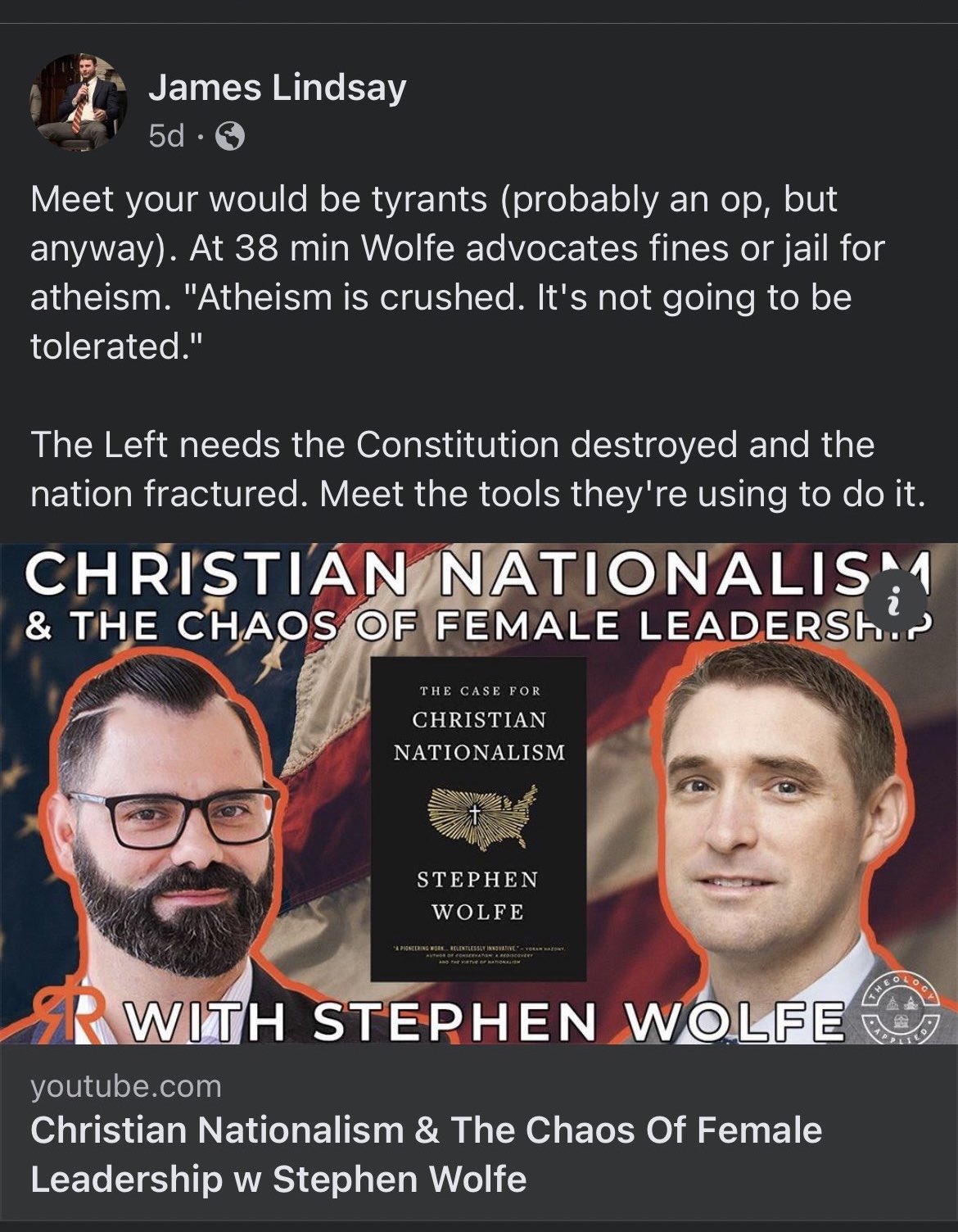Did a recent social media post by a prominent political figure trigger a wave of controversy? **Marjorie Taylor Greene's cryptic message, Evil is being defeated by the hand of God, ignited a firestorm of debate, leaving many to question its true meaning and intent, particularly in the wake of a significant global event.**
The seemingly innocuous phrase, shared across multiple social media platforms on April 21, 2025, the same day Pope Francis's death was announced, immediately drew scrutiny. While the Georgia congresswoman did not explicitly mention the Pope by name, the timing and context led many to believe the comment was a veiled reference to the pontiff's passing. This ambiguity, coupled with Greene's history of controversial statements, fueled a rapid and widespread reaction across various media outlets and online communities. The phrase itself, though seemingly straightforward, carried the weight of speculation and interpretation, quickly becoming a subject of intense discussion and debate.
Greene's post, which appeared on both her personal X account and Facebook, served as a catalyst for an immediate and polarized response. The statement, Today there were major shifts in global leaderships. Evil is being defeated by the hand of God, was quickly dissected, analyzed, and interpreted in a variety of ways. Some saw it as a reflection of her personal beliefs, while others viewed it as a deliberate provocation, particularly given the context of the Pope's death. The congresswoman's silence following the initial post, as well as her subsequent lack of clarification, further intensified the speculation and controversy surrounding her words.
The situation quickly escalated into a full-blown controversy. This situation involved several key players. Marjorie Taylor Greene, the central figure, is a U.S. Representative for Georgia's 14th Congressional District, is known for her outspoken views. The Catholic Church, represented by its leadership, including Catholic bishops, became indirectly involved, as many interpreted Greene's post as a commentary on their institution. Finally, public figures like William Donohue, President of the Catholic League for Religious and Civil Rights, entered the fray, calling for Greene’s censure. The backdrop to this entire unfolding was the announcement of Pope Francis's death from the Vatican.
The controversy surrounding Greene's statement echoes similar instances where her words have drawn criticism. The incident highlights the potential for even brief social media posts to generate significant responses, particularly from public figures. Her history of controversial remarks about the Catholic Church, including accusations that it was run by Satan, contributed to the heated response. Such instances reveal a broader issue: the way in which seemingly innocuous phrases can quickly become the focus of intense public scrutiny and debate.
The incident underscored the crucial role of interpretation in the digital age, particularly with the spread of information through social media. Without explicit context or clarification from Greene, the meaning of her words remained open to interpretation. This ambiguity allowed for a broad range of responses. Some saw her words as a statement of personal faith, while others interpreted them as a pointed commentary on the death of the Pope. It also highlighted the inherent complexities of language, especially when used in the context of a highly charged political environment.
The implications of this event extend beyond the immediate reactions to Greene's post. It prompts important questions about the role of public figures in shaping public discourse, the impact of social media on political debate, and the potential for even brief online statements to generate far-reaching consequences. The controversy also touches on the nature of religious and political expression in the public sphere.
In the wake of the controversy, several questions remained. What exactly did Greene intend to convey with her post? Why did she not offer any clarification? What, if anything, does this incident reveal about the current state of political discourse and the way we consume information in the digital age?
The core of the issue comes down to the interpretation of Greene's words. Her phrase, “Evil is being defeated by the hand of God”, is inherently ambiguous. The impact was heightened by the timing of the post, which coincided with the Pope’s death. This is what made the statement so polarizing.
The swift reaction to Greene's post reflected the way people interpret information online. Given her previous controversial statements and political alignment, some people were inclined to see her words through a particular lens. Others brought their own sets of beliefs to the table. In either case, it is the lack of clarity, rather than outright controversy, that fueled the ensuing debate.
The implications of the controversy are far-reaching. First, it raises questions about the responsibilities of public figures in the age of social media. Second, it underscores the importance of critical thinking and media literacy in navigating online content. Third, it highlights the complexities of freedom of speech and its limits in the context of political and religious expression.
The situation also shows the potential for misinterpretations. In the absence of clarity, people fill in the gaps, drawing on their existing knowledge and biases to do so. This makes it easy for even brief statements to be taken out of context and to spark controversy.
The controversy around Greene's statement is a stark reminder of the power of words in the digital age. It underscores the importance of thoughtful communication. It encourages a more nuanced understanding of the complexities of the modern political and religious landscape.
| Attribute | Details |
|---|---|
| Name | Marjorie Taylor Greene |
| Political Affiliation | Republican |
| Current Position | U.S. Representative for Georgia's 14th Congressional District |
| Date of Birth | May 27, 1974 |
| Place of Birth | Milledgeville, Georgia, U.S. |
| Education | University of Georgia (B.A.) |
| Career Highlights | Businesswoman, Politician |
| Key Political Issues | Conservative policies, America First agenda |
| Notable Controversies | Promotion of conspiracy theories, controversial statements on various social and political issues |
| Known for | Outspoken political views, strong presence on social media |
| Website | Official Website |



